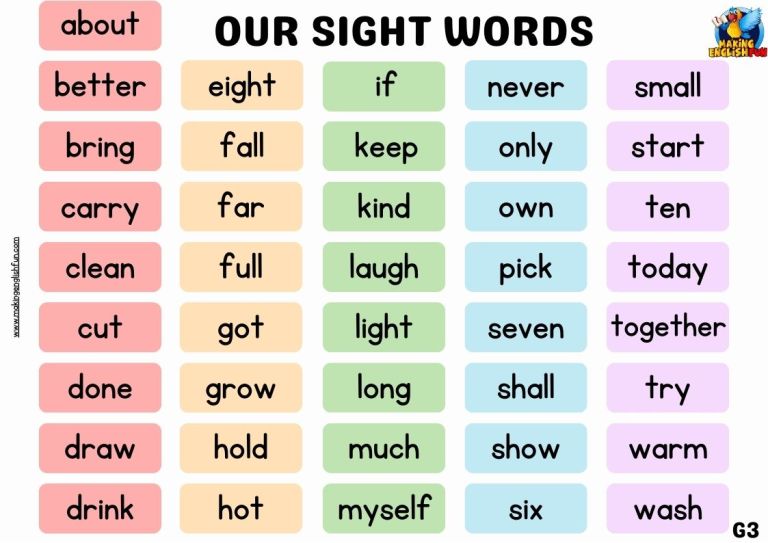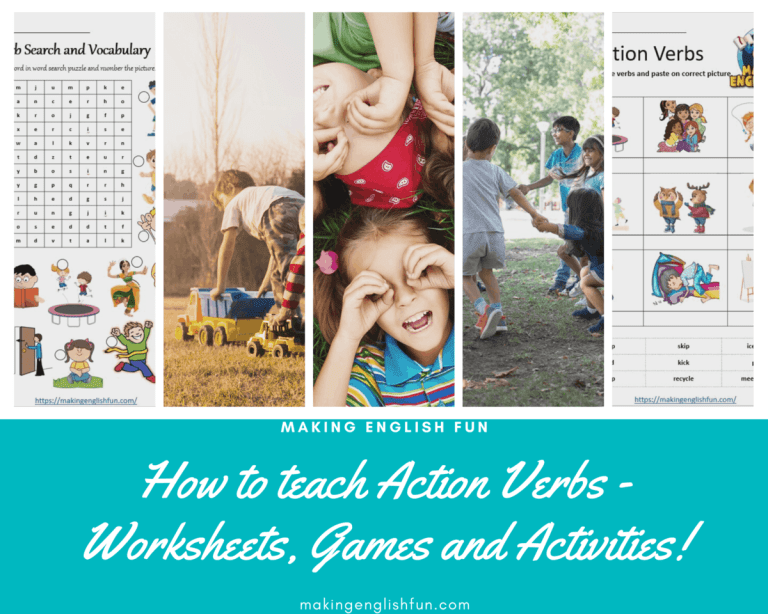Is Listening to Music While Studying Bad?
I always listen to music when I study or am writing and sometimes even have a movie on in the background. I do it as i feel it both helps me and relaxes me. While the later may be true, the former appears at least in studies to be a wish rather than a fact.
Many studies have shown that music is often more of a distraction that a benefit. How much of a distraction depends on both volume and music style. Classical music contrary to popular belief is similar to other types of music in levels of distraction. Silence seems to be the best medium for cognitive ability.
This study has demonstrated that silence seems to be the best environment to maximize performance when engaging in cognitive activity.
Source
However listening to music while studying is neither always bad nor always good. Many students report feeling that they are more attentive if listening to music, but that is not always correct. Some people just feel more comfortable with noise, so they think it helps them study better. Music can be a distraction for many students. Some students, may however, fare better with a little background noise.
Students Who May Benefit from Music While Studying
There are some students who do benefit from listening to music while studying. In these circumstances, headphones or separate spaces might be a good idea so that these students do not bother others. Not every student wants to hear someone else’s music. If you are the parent, let’s face it, you do not always want to listen to your kids’ music. in a classroom if the song or music can be related to the topic you are teaching this may help I use phonics and English songs in my classroom but not at a level where it will impede and only on occasion.
Music Can Improve Mood
Just as any entertainment, music can improve mood. Some research even implies that music can improve cognition. Higher test scores may be associated with music listening. However, the jury is out on whether or not that is accurate and whether move improvement can help learning. Light music or upbeat music may help children focus or feel better about listening. Volume may be more of a impacting factor than music taste though!
Reduced Test Anxiety
Students who listen to music during study sessions or tests may find that they feel less test anxiety. If your child feels extreme test anxiety, he or she may benefit from music while studying. Most classrooms do not allow music during tests. However, listening to music before the test may help. We can use music to motivate of us in all manner of situations, its why film scores are so successful, however if this is going to help students turn that C into a B is not proven and teachers and parents should be mindful that it doesn’t turn the B into a C!!
Music Can Distract
Music can distract students from negative things happening around them. They can also focus more on the studying at hand rather than the things happening around them. This distraction is significant for people who are feeling physical pain, or have no choice but to study in noisy environments. Although studies have shown that it is likely that silence and focus is more beneficial to students studying, it is not easy to achieve an environment like this. If the choice is screaming siblings and grandmas television then perhaps some light music piped in through headphones is a better alternative.

Students Who May Not Benefit from Music While Studying
Not all students will benefit from listening to music while studying. Each student has his or her own preferred learning styles and behaviors. Get to know your student and his or her behaviors before making the decision to allow or ban music.

Music Can Distract
Wait, wasn’t this just listed as a benefit? Yes, it was. However, not every student can handle a little distraction. For some students, any distraction will take away from the task at hand. The distraction from negative things does not outweigh the distraction from studying. If this is true for your child, you may reconsider allowing music while studying.
Working Memory May Not Benefit
Music puts more words at the forefront of your mind. You may not retain the information on lists or events. You may not recall all of the things you have read or experienced if you are listening to music instead of paying attention. If your child has problems with multitasking, information recall, or event sequencing, you need to reconsider music while studying.
Reduced Reading Comprehension
While classical music or instrumental tracks can help with some reading skills, music with words or fast, loud music can decrease reading comprehension skills. Your child should not listen to popular music or extremely loud and raucous music while studying. It can have the opposite effect on their study skills.
Tips for Music While Studying
If you feel that you will benefit from listening to music while studying, you will need to follow specific tips. Not every music or sound is suitable for every situation. Here are a few things you can do to optimize music during study times.

Listen on Breaks
If you are not a prime candidate for listening while you study, take a break once an hour for a ten-minute music session. Breaks help your brain catch up with what you have been doing. They allow a few minutes for processing the information and properly storing it. A short music or dance break might be just what you need.
Listen to Classical, Instrumental, or Calming Sounds
Do not listen to music with words or pop beats. While these may be more fun to listen to, they can negatively impact your learning. Quiet music can relax a student, so listening to music that does not focus on words might be more suitable.
Nature or White Noise
Nature sounds and white noise might allow the same benefits you find when listening to classical or wordless music. Many psychology offices use this type of noise to distract from hearing other sessions and calm their patients. Many people also find that this type of noise helps them relax and sleep. As long as it doesn’t make you tired, it might be worth a shot.
Test both ways
Spend time studying for one test using music. The next test for the same class should be done without music. Determine how long you study, what recall is like, and how you do on the tests. You may find that while you like music while you study, it is not beneficial.
Final Thoughts
You need to determine what type of student you or your child is. You need to examine what studying with and without music does for the grades and attention. If you find that your child cannot focus with outside noise, get rid of the music. However, if your child listens and studies better with sound or music, by all means, keep it. Every person is an individual who will experience things differently. No two children will find that they need the exact same things. Trial and error will tell you what you need to do. Nothing is inherently bad when your child is still studying. Find what works best and work with that.

Hi I’m Marc. A teacher of over 15 years, English, General Studies and Outdoor Education. Thought it was about time to sharing both what I have learnt during that time and the resources I have put together. On this site we aim to teach the theory and share our thoughts, but also go that one step further and give you access to the hard resources you need for your class or for you children






